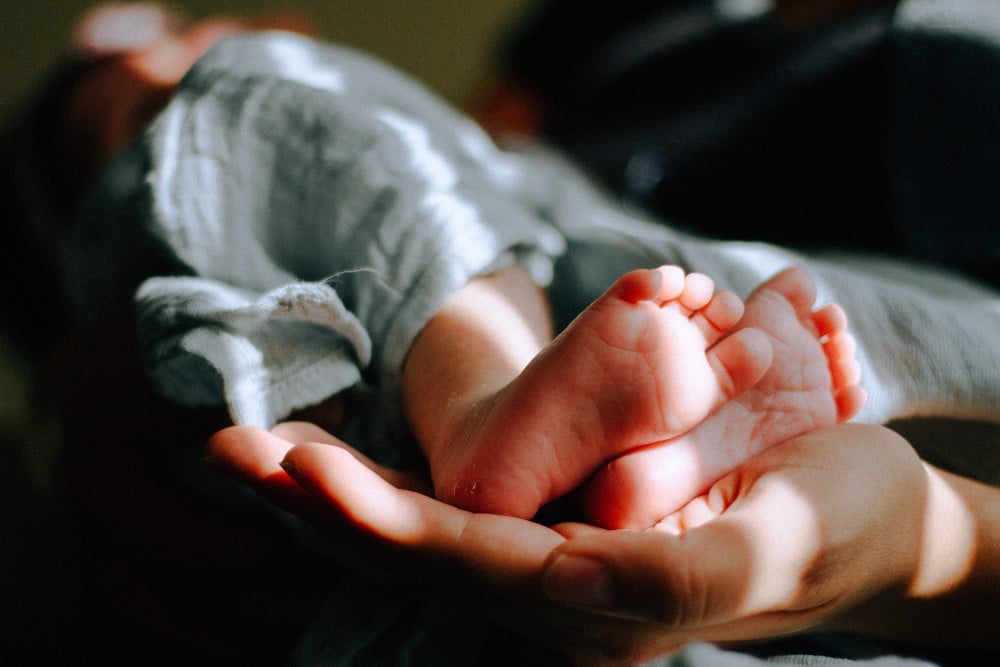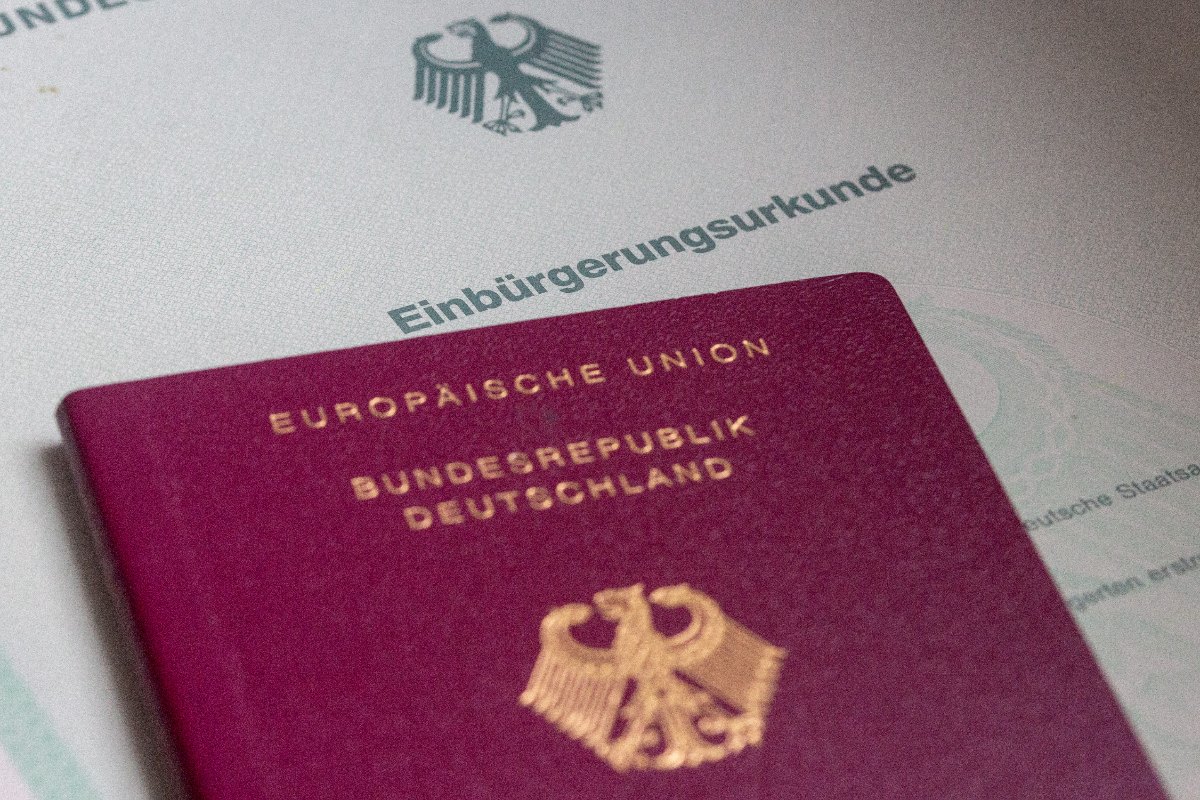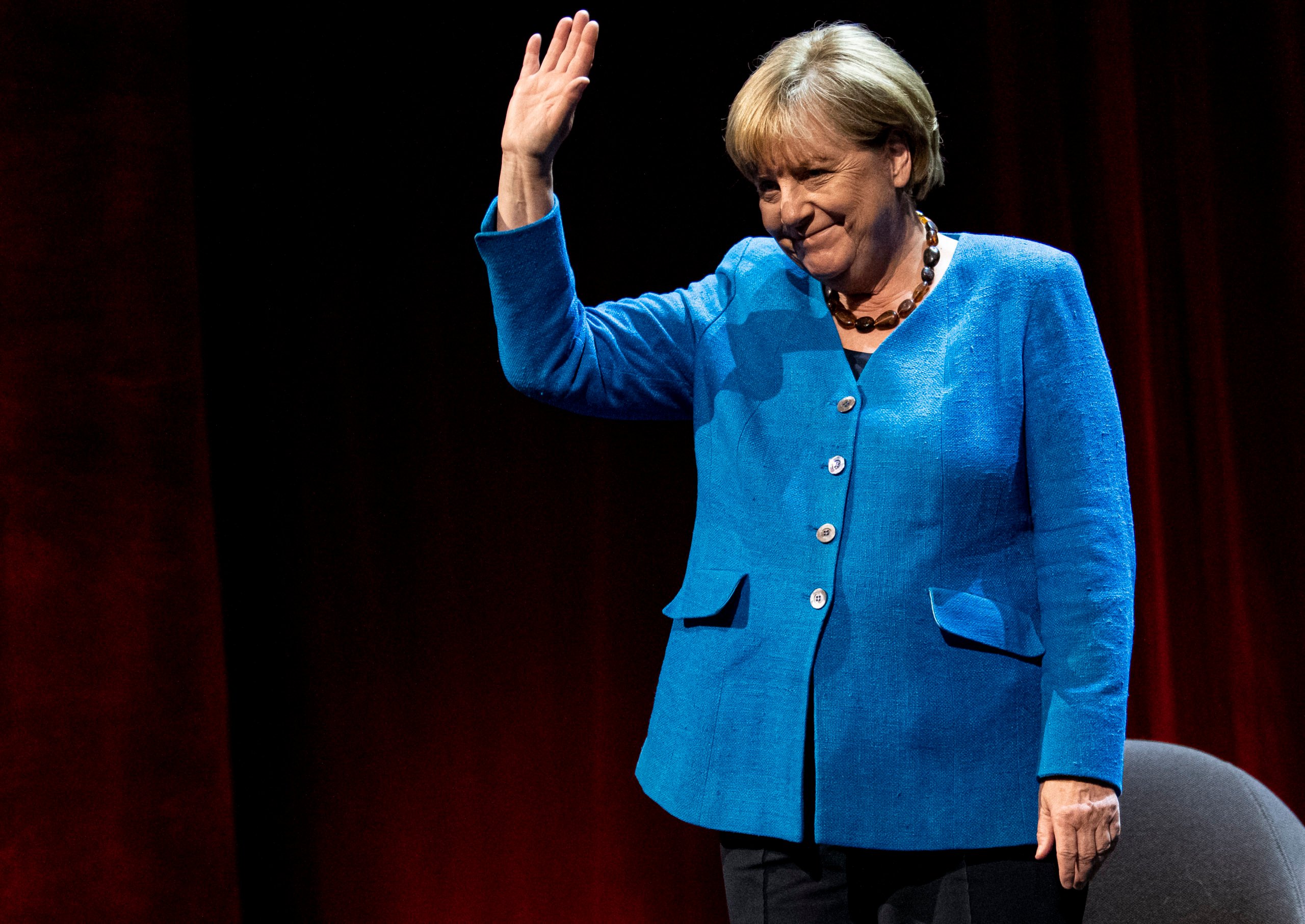Sophia and Noah topped the list of the most popular baby names in Germany last year, new figures show.
This means long-standing favourite Emilia has been replaced as the most popular girl’s name – albeit by a very narrow margin, the Gesellschaft für deutsche Sprache or Society for German Language (GfdS) revealed on Tuesday.
According to the Wiesbaden-based organisation, Sophia has taken the top spot for the very first time, with the name having worked its way up the rankings in recent years. The race for first place among the most popular girls’ names was extremely close. The number of babies named Sophia or Sofia was only four higher than the number of new-borns named Emilia.
Emma came in third place for girls, Mia was in fourth and Hanna or Hannah took the fifth spot.
Noah has been at the top of the boys’ list since 2019, followed by Mattheo (in various spellings) and Leon in 2023. The rising stars of the year include Lia/Liah for girls and Liam for boys. These names made it into the top 10 most popular names for the first time. In contrast, Finn, which took fourth place in 2022, dropped out of the top 10.
READ ALSO: What Germany’s most popular baby names have in common
Of course, depending on the region, the most popular names can vary.
For instance, in Berlin last year – as in five of the past six years – the most popular boys’ first name was Mohammed, reflecting a more diverse population. Alternative spellings such as Muhammad or Mohammad are also taken into account.
Noah was in second place in Berlin, followed by Adam, Luis, Liam, Leon, Mateo, Luka, Emil and Oskar. Sophia topped the list of girls’ names, followed by Emilia, with Charlotte and Mila sharing third place. Emma, Hanna, Mia, Klara, Lina and Mathilde were also popular in Berlin.
Mohammed was also the top boys’ first name in Hamburg, Bremen and Schleswig-Holstein. In Hesse and North Rhine-Westphalia, it came in second place.
There are also some other interesting regional differences to note. For instance, Ella and Oskar were the most popular baby names in Thuringia. Meanwhile, according to the analysis, Oskar made it into the top 10 in all eastern German states, but nowhere in western Germany.

What trends are we seeing in Germany?
Overall, the first names list remains “stable” said GfdS Managing Director Andrea-Eva Ewels, signalling that there hasn’t been drastic changes in recent years.
But some naming trends are emerging. Around 63 percent of children are given only one first name by their parents, Ewels said. However, the percentage of babies with a middle name is rising – and now stands at more than a third. Three names or more are still the exception.
In the list of all boys’ middle names, a comeback of names popular in the 1970s and 1980s can be seen, with Michael, Johannes and Andreas proving fairly popular.
The Society for the German Language has been publishing lists of the most popular first names since 1977. Around 750 registry offices across Germany submitted almost 900,000 names for the 2023 evaluation. This means that more than 90 percent of all names given last year were recorded. Almost 70,000 different names were reported.
Here’s a look at the most popular baby names in Germany in 2023, with the previous year’s ranking in brackets:
Top 10 girls’ names:
1. Sophia/Sofia (2)
2. Emilia (1)
3. Emma (3)
4. Mia (4)
5. Hannah/Hanna (5)
6. Mila (7)
7. Lina (6)
8. Ella (8)
9. Klara/Clara (10)
10. Lia/Liah (14)
Top 10 boys’ names:
1. Noah (1)
2. Mat(h)eo/Matt(h)eo (2)
3. Leon (3)
4. Paul (5)
5. Emil (7)
6. Luca/Luka (8)
7. Henry/Henri (10)
8. Elijah (6)
9. Louis/Luis (9)
10. Liam (15)





 Please whitelist us to continue reading.
Please whitelist us to continue reading.
Member comments